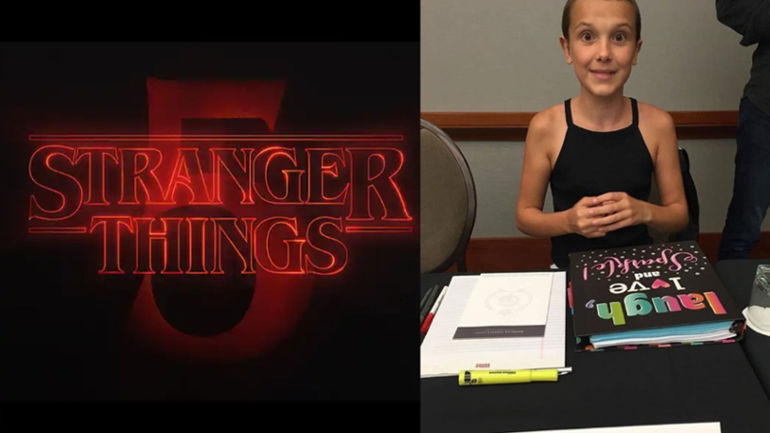A Bengaluru woman, Mahak Verma, expressed her shock and indignation after receiving a push notification from the quick-commerce platform Zepto that addressed her as “cutie.” The message, promoting a brand of banana chips, included a slug titled “cutie_mahak,” prompting concerns about the appropriateness of such language from a well-known brand.
‘Unacceptable’ Language
Verma took to LinkedIn to share her discomfort with the notification, stating, “Yesterday I received a push notification from Zepto which very conveniently addressed me as ‘Cutie_mahak!’” She emphasized that this type of messaging brought back unpleasant memories for many women, especially teenage girls in India, who often face inappropriate comments.
Verma questioned how a reputable brand could deem it acceptable to refer to a stranger with such informal and context-less language. She pointed out the irony of being in an era focused on women’s safety and empowerment while companies use casual terms that could contribute to a culture of disrespect.
Mixed Reactions on Social Media
Upon sharing her experience on Instagram, Verma noted that many of her friends felt she was overreacting. However, she maintained that brands should not address individuals with random terms, as the safety of women begins with respectful communication.
Zepto’s Previous Controversy
This incident is not Zepto’s first controversy regarding unsolicited notifications. The company previously faced backlash for sending a similarly inappropriate message to another Bengaluru woman, Pallavi Pareek, from the i-Pill emergency contraceptive brand. The notification read, “I miss you, Pallavi. Says i-Pill,” accompanied by three teary-eyed emoticons. Pareek was left stunned and questioned the company’s ethical standards.
In response to the uproar, Zepto acknowledged its mistake and apologized to Pareek, stating, “Hey Pallavi, we messed up, and we’re truly sorry. We understand how thoughtless and potentially harmful this was.”
These incidents have raised questions about the ethical implications of marketing strategies used by companies and the importance of maintaining a respectful dialogue with customers. As consumer expectations evolve, brands like Zepto must navigate the delicate balance between humor and appropriateness in their communications.













